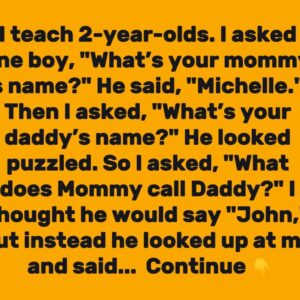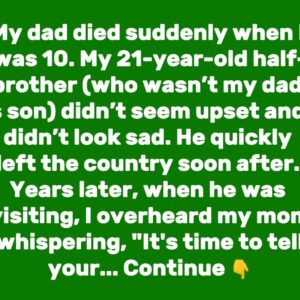Used as a term of endearment by pet parents who consider their four-legged children as part of their brood, “fur babies,” according to the Cambridge Dictionary, is “a pet, especially one that someone treats with a lot of love and kindness as if it were a baby.”
Overlooking that “fur babies” is part of the English language, the woman, who admits that she might sound like a “self-righteous parent,” provoked a flood of comments from the online community with her pontifical shaming of pet parents.
There’s a growing divide of people who consider their pets as babies and those who see their four-legged friends as only animals. According to Forbes, 85 per cent of dog owners and 76 per cent of cat owners consider their pets to be a member of the family. And, in 2022, Americans spent $136.8 billion on their pets, up from $123.6 billion in 2021.
Another survey of 2,000 cat and dog owners reports that 81 per cent say they treat their pets the same way they treat people and 71 per cent regularly put their pets needs ahead of their own.
The study, on behalf of Chewy, shows that 47 per cent call their pets “baby,” and one in three people refer to themselves as their fur baby’s “mom or dad.”
Elizabeth Broadbent says “that is an insult to moms.”
In the summer of 2022, Broadbent, writing for an online publication, shared a story urging pet owners to stop calling their pets “fur babies.”
The mother of three, says she has two dogs and three kids and concludes that “kids and dogs are not the same.”
“…But never did we call those beloved canines “furkids” or “furbabies”. Because the last I checked, dogs ain’t people.” She continues, “Your puppy is not your child, so stop saying that he is. I have three children now, and I know this for certain–kids and dogs are not the same.”“She has too much time on her hands…I’m pretty sure everyone is well aware of the differences. I have 2 children and I love my fur baby,” writes one, while a second adds, “she is absolutely right, they are not the same, which is why dogs are furbabies, children are skinpuppies and kids are baby goats.”
A third shares, “Dogs who we love are like babies with fur they are the most loyal of all beings if treated with love…this lady knows nothing to make this sad request to others …it’s a free world.”
Broadbent goes on to explain how she babyproofed her home, that included removing “strangulation hazards,” hiding “cleaning fluids” and placing “safety locks on all the cabinets.”
For puppy-proofing, she said “you removed all things chewable, took up poisonous plants, and provided appropriate chew toys.”
According to The American Kennel Club, she missed a few crucial pet-proofing points, like:
Broadbent does however agree that “pet ownership is a serious commitment that should only be taken up by those who really mean to care for an animal for the rest of its natural life.” Suggesting that “you can most ignore your dog,” she continues, “You’re stuck with your dog…except you’re not because you can leave. Before my husband and I had kids, we traveled all the time–dropped the pups by the doggie spa, paid extra for playground time, and hopped the plane guilt-free.”
Broadbent falls into the 60 per cent of people who don’t consider their pets when vacationing.
And while only 40 per cent reported their pets influence the trips they take, “more than half (62%) said they wish they could bring their pets with them when they leave either ‘all of the time’ or ‘most of the time.’”
“Pets have become our whole world, so it’s no surprise to see them claim their rightful place of prominence in the household,” says Dr. Katy Nelson, senior veterinarian at Chewy. “This reflects the larger trend of ‘pet prioritization,’ or placing our pets’ needs above our own when considering major life decisions or planning our social calendars and daily behaviors.”





